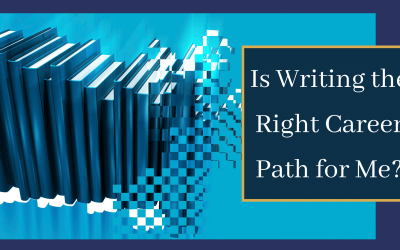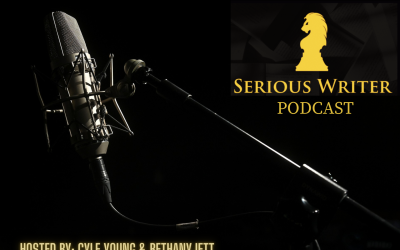Susan M. Baganz chases after three Hobbits and is a native of Wisconsin. She is an Editor with Pelican Book Group specializing in bringing great romance novels and novellas to publication. Susan writes adventurous historical and contemporary romances with a biblical world-view.
You can learn more by following her blog www.susanbaganz.com, her twitter feed @susanbaganz or her fan page, www.facebook.com/susanmbaganz
Show Notes
Caleb:
How did you get started writing?
Susan:
That started in 2009. I had a dream that God was telling me I should do National Novel Writing Month in November. I started to write what became The Virtuous Viscount, which was my first Regency [novel], and I had 110,000 words within 21 days. I was hooked! I’ve done NaNoWriMo 8 years in a row, now.
Caleb:
Tell us more about Regency Novels. What time period constitutes Regency England? What are the characteristics that make it Gothic?
Susan:
The Regency period is where King George had gone mad, and his son, who is also George, he petitioned to become Regent and it took a while for that to actually happen. So what it meant was that his father was incompetent to rule so he was the ruler. So he was made Prince Regent on February 5th 1811, and then his father died January 29th 1820. So that’s the period that’s known as Regency. And the Regent was known to be a man of excess. He was very charming, but he blew money like crazy. He wasn’t really known to be a great ruler per se, but he was known for his excesses.
If you listen to or read any of the Regency Romances, there was an author at that time called Radcliffe, and she wrote Gothic Romances. So these are the dark, spooky [novels.] You’ve some darkness to it. You’ve got some spookiness to it. There’s this overarching doom and gloom to it. I guess there’s something kind of fun about having this evil force that they’re fighting against, and it kind of permeates the books.
Caleb:
Tell me a little about the romance element of it. That was a totally different time with different customs. How is writing a Contemporary Romance and writing a Regency Romance different? How does that affect their relationships?
Susan:
When you’re writing a Contemporary Romance they can pick up a phone and call somebody. They can get in a car and drive. There’s not a lot of restrictions on how men and women interact in our society. We have freedom to do a lot of things. But in that time period, the rules prescribing their behavior were really rigid. A woman could not write a letter to a man who was not related to her, and of course they couldn’t pick up a phone to call. Now if they were engaged, they might be able to communicate. So if somebody got engaged and then went to war, they might be able to exchange letters. Within that society, especially for the upper 10,000 which was the aristocracy, the more wealthy, titled people, you had these strict rules. You couldn’t dance more than typically twice at a ball with the same man. You couldn’t be alone at all with them.
So you have these restrictions on what you can do, so it’s kind of fun to try to play them and throw them on their ear a little bit too. The other thing that’s different about Regencies, as opposed to Contemporaries is the way they express their faith. First of all, you would never use anything except for the King James Bible. That’s all they had back then. There were a lot of pockets of revival in the middle of a lot of unrest, because England was at war with France at the same time. There’s all kinds of things you can tap into, even spiritually, with the stories.
Caleb:
What are some of the hallmarks of this genre that someone like an editor or an agent would expect to see?
Susan:
I think the general structure of a story is the same regardless of what genre you’re writing in, especially with the romance. You would be looking at possibly some of the language of the day. You’re not going to hear anybody in a Regency use the word “okay”. It’s just not going to happen. They used a lot of French back then, too. They were at war with France, but they were also very enamored by French. They’ve got other words that are specific to that era that can add more color to the language, and you can also write with a larger vocabulary than you can in a contemporary. In Regency, those who read that genre know the words, and if it’s good enough, the context will tell you what it is.
Caleb:
How did you do research for this time period?
Susan:
First of all, I read hundreds of books in the genre. That alone is great research, but then you do go online and you do look up stuff. Different books just about even the clothing of the era. I’ve got a huge folder of stuff I’ve printed off online about titles and how you refer to people. So all that stuff has to be correct, because somebody who knows that genre is going to know when it’s wrong.
Caleb:
Are you an organic writer or an outliner?
Susan:
I do not plot out my novels. I let the story take me where it’s going to take me. The characters kind of take over for me.





0 Comments